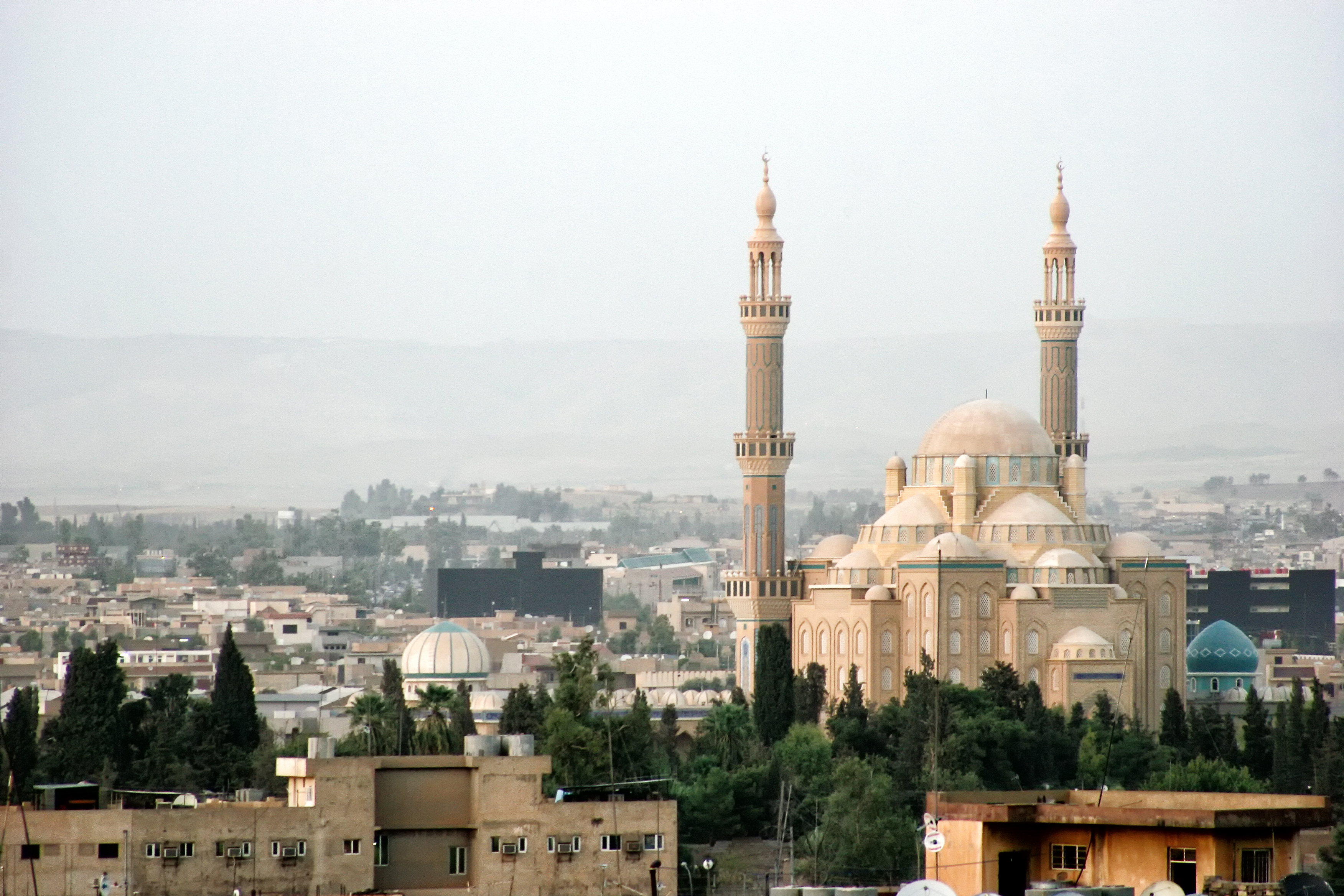The example of the Kurdistan Regional Government’s Representation in Washington, DC.
Digital diplomacy, like the realm of foreign policy itself, is often viewed as the exclusive remit of the nation-state. However, just as public diplomacy has evolved since it was first developed in the 1850s, modern digital tools are increasingly utilised by political entities that are not fully sovereign nation-states. And just like modern states, these groups also seek to expand their international influence in pursuit of specific goals. However, with that comes a unique set of challenges. Without the benefit of nation-state status and sometimes lacking a clear, globally recognised national identity, these entities face an uphill struggle to be heard and, crucially, respected.
Iraqi Kurdistan is one example of a contested political entity, which appears to be getting it right in the digital sphere. Despite failing in its ambitions to secure independence and international recognition in September 2017, the Kurdistan Regional Government (KRG) has forged ahead with building the region’s physical and digital diplomatic network. Today, 37 countries maintain a representation in Kurdish Erbil, alongside regional offices of the EU, UN and International Red Cross[2]. Meanwhile, the Kurdistan Regional Government (KRG) maintains 14 international offices, including a highly active representation in Washington, DC.
Headed up by Bayan Sami Abdul Rahman, one of Washington’s more savvy and influential digital diplomats, the KRG’s representation to the US relies on Facebook as a cornerstone of its public diplomacy efforts. How does it do this? Via a steady stream of attractive, varied and multi-lingual content that not only invites engagement from US communities and institutions, but popularises Kurdish symbolism, raises the semi-autonomous region’s profile, and explain exactly what makes Kurdistan unique.
The DC representation’s Facebook posts are testament to this variety: invitations to a conference on job creation and stability; information on polling eligibility for the Iraqi 2018 parliamentary elections; a documentary on the Kurdistan Memory Programme; a live video in conversation with Bayan Rahman; and a good old-fashioned press release have all featured in recent months. It is not surprising that the posts which employ newer techniques – from live videos to infographics – generate the most engagement, and are increasingly favoured by the DC representation page’s managers.
The KRG representation’s clear categorisation on Facebook as a ‘Government organisation in Washington’ reinforces its influence, as does a header photo featuring the representation meeting with Barack Obama and a plethora of presidential aides. This is backed by a professional layout, a clear mission statement employing the language of statecraft, and a physical consular presence ready to serve the needs of the Kurdish Community in the US.
With 20,000 followers on Facebook, and a further 100,000 on Twitter, Iraqi Kurdistan’s voice in the US is greatly amplified by digital channels. Other contested political entities, notably Catalonia, may boast a much larger international digital following, but their remit is so large that the core objective of achieving internationally-recognised statehood is diluted amidst myriad other communications aims.
This contrasts with Kurdistan which is unrelenting in its pursuit of one overriding objective: international recognition and eventual sovereignty. Scholars at Sulaymaniyah’s University of Human Development have found that, ahead of profile-raising and developing relationships, the KRG’s digital diplomacy specifically helps cultivate support for potential Kurdish statehood[3].
Social media, and Facebook in particular, has opened-up new avenues for developing foreign relations. The contested region of Iraqi Kurdistan is successfully utilising these assets in pursuit of its political objectives.
Key lessons:
– Contested, semi-autonomous regions aiming to project a compelling national identity face an uphill struggle, but utilising social media channels is a huge opportunity to make gains in raising their profile.
– Digital assets allow semi-autonomous regions to tell their own story on their own terms, setting the tone and establishing the terms of debate.
– Varied content and the use of rich media will see diplomatic missions gain more traction and engagement, ultimately helping to build a community and raise their profile.
– Diplomatic missions benefit from an active, approachable, and engaging chief diplomat to humanise the work of the mission. An active Ambassador, Chargé d’Affairs, or Representative can make a huge impact.
